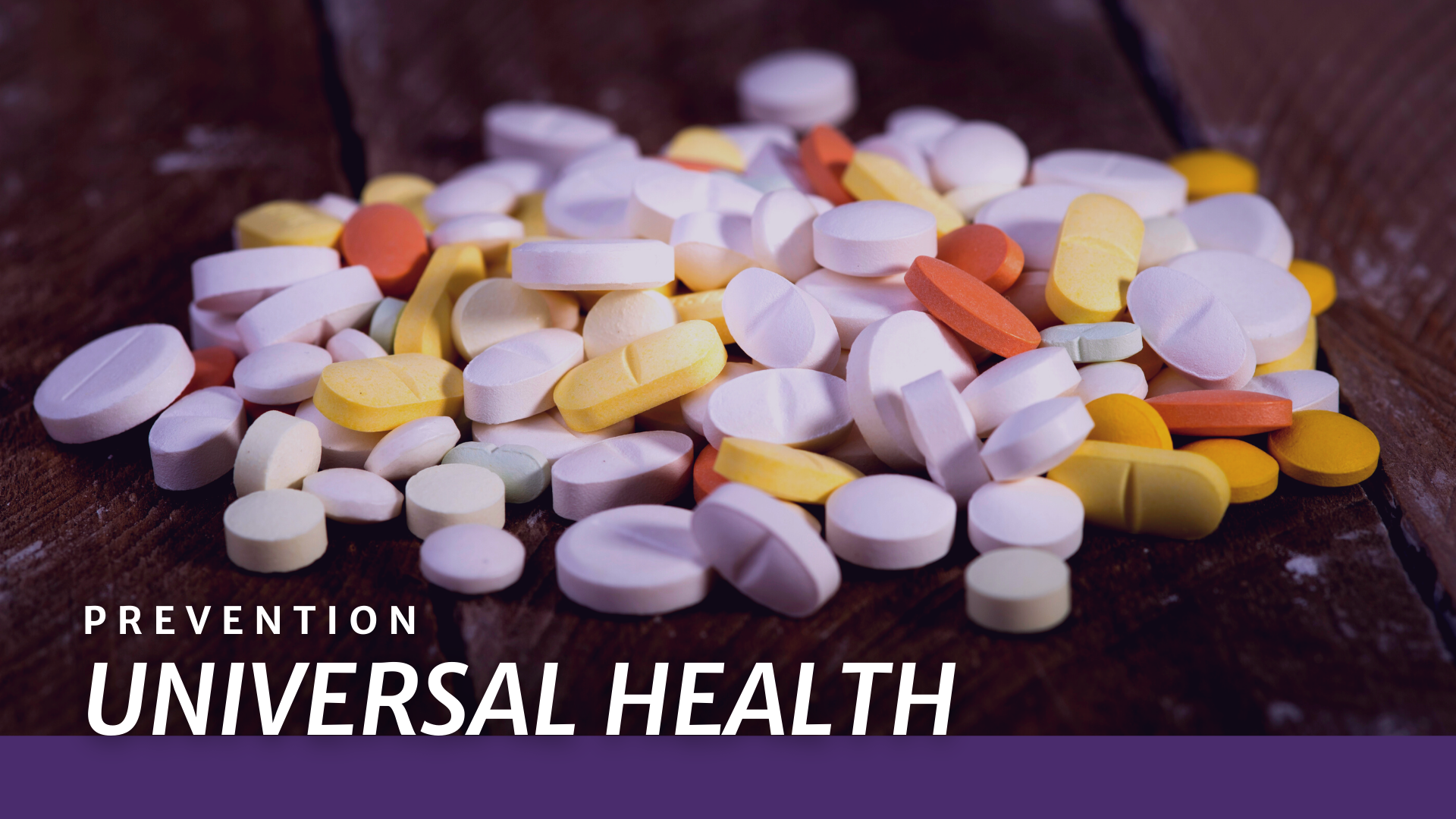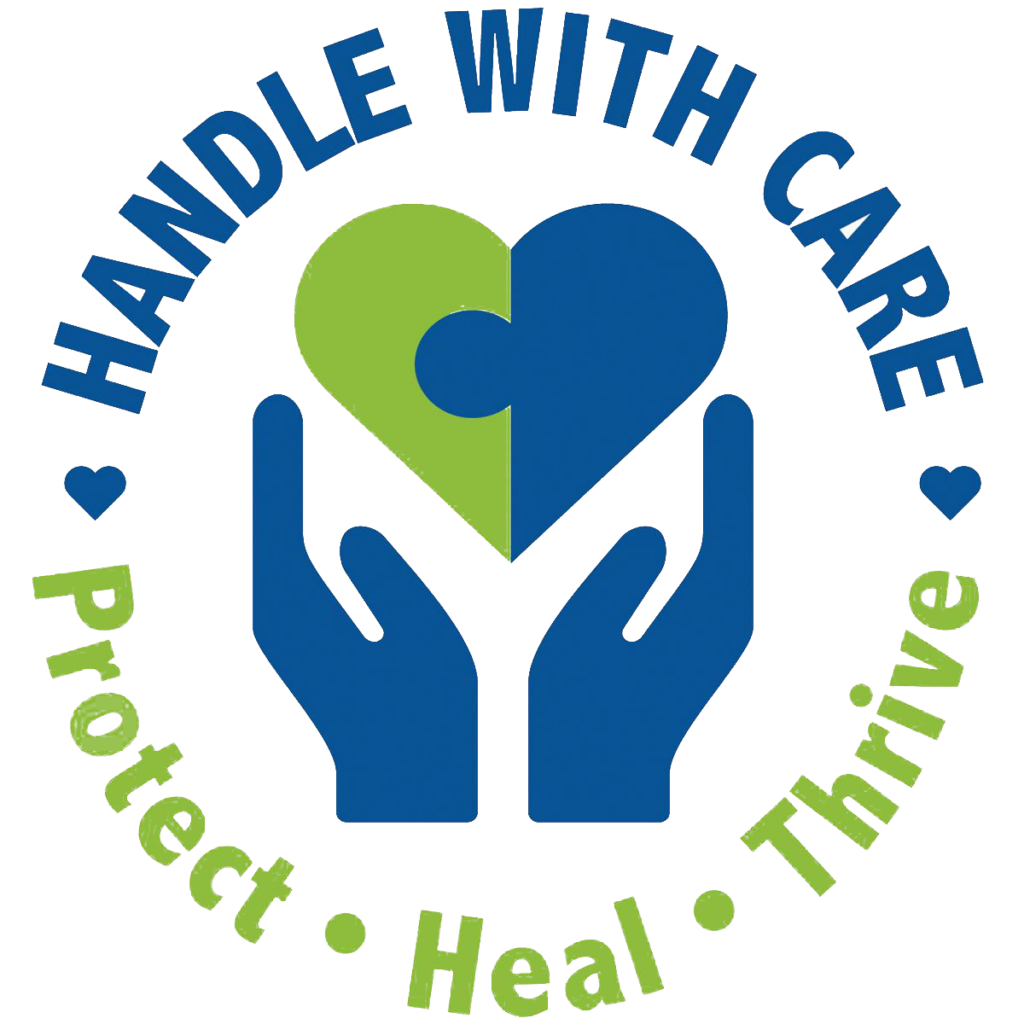
Prevention as a Universal Public Health Approach
Historically, treatment interventions have been reserved for people who meet the full criteria for substance use disorders. In recent years, healthcare providers have begun embracing a universal public health approach to substance use, shifting the focus from treating crisis to screening, monitoring, and providing early intervention services to those who are using substances at risky levels or at risk of developing problems.
A universal prevention framework also helps to broaden how target populations are defined and reached. While prevention and early intervention are typically thought of as responses for low to moderate use, adolescents who have entered substance use treatment and are seeking recovery may also benefit from relapse prevention strategies, some of which are not entirely distinct from primary prevention approaches. Thus, providers seeking to approach prevention, early/brief intervention, treatment, and recovery supports from a universal public health approach should be aware of and prepared for working with all young people, including those in recovery. Prevention strategies may hold great promise for this population, as they also seek to develop the pro-social, environmental, and personal support needed to maintain recovery and prevent a recurrence of use.

